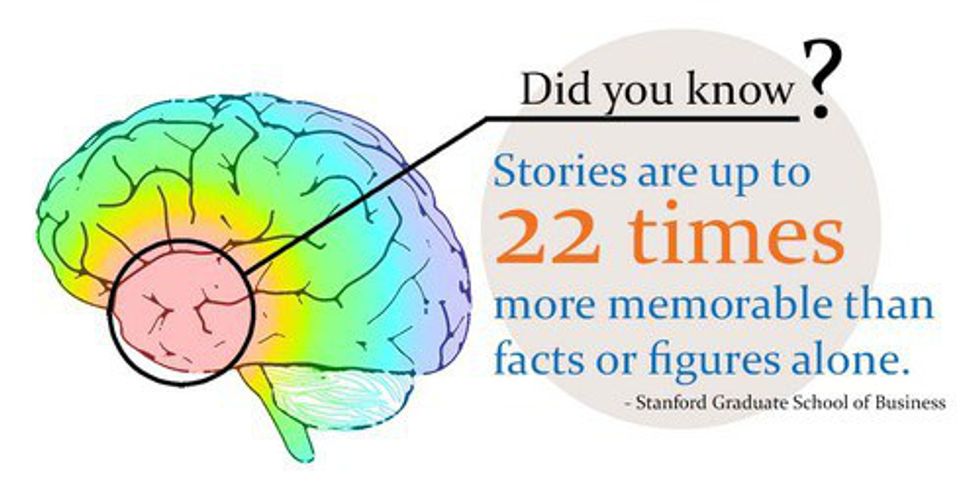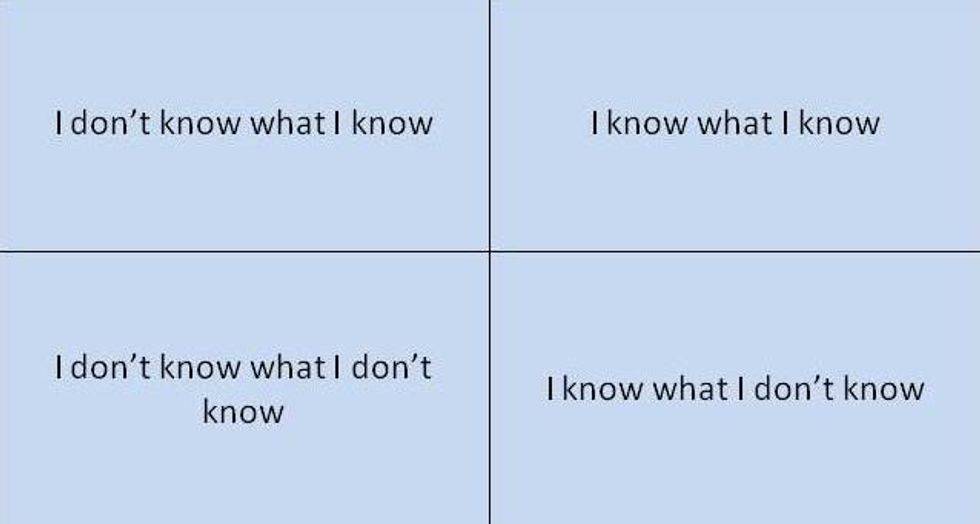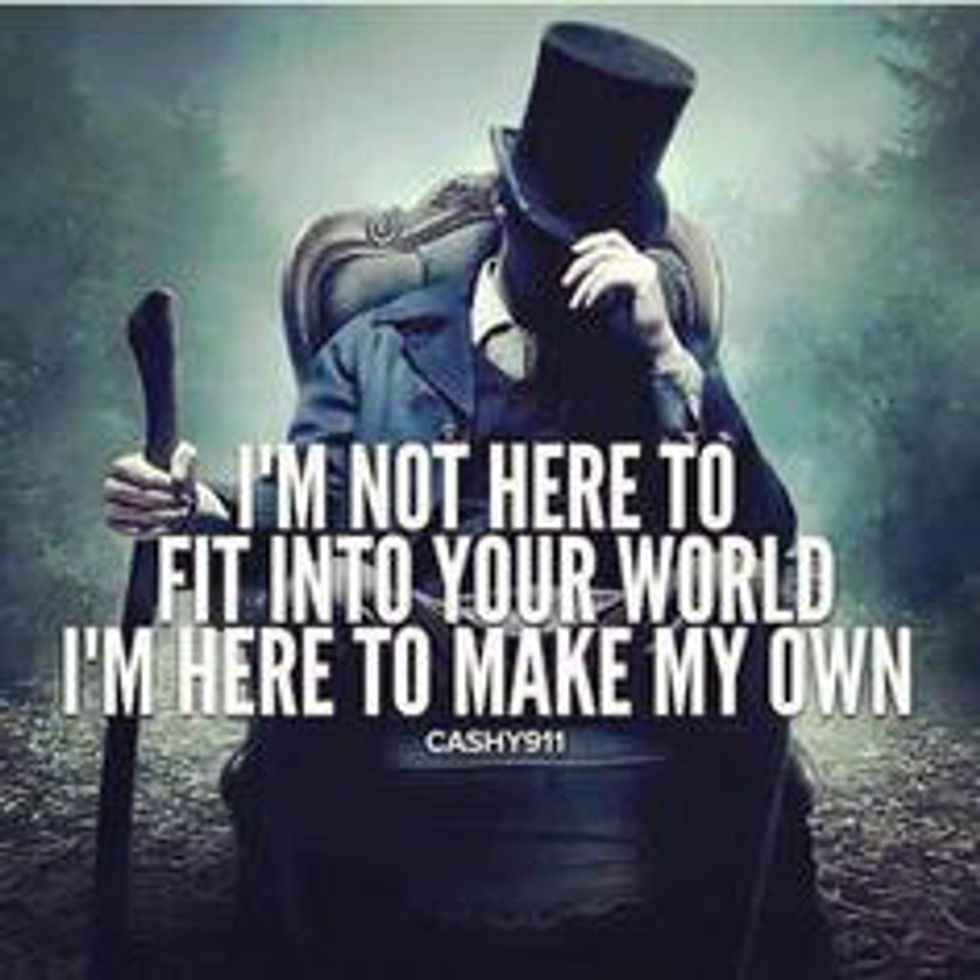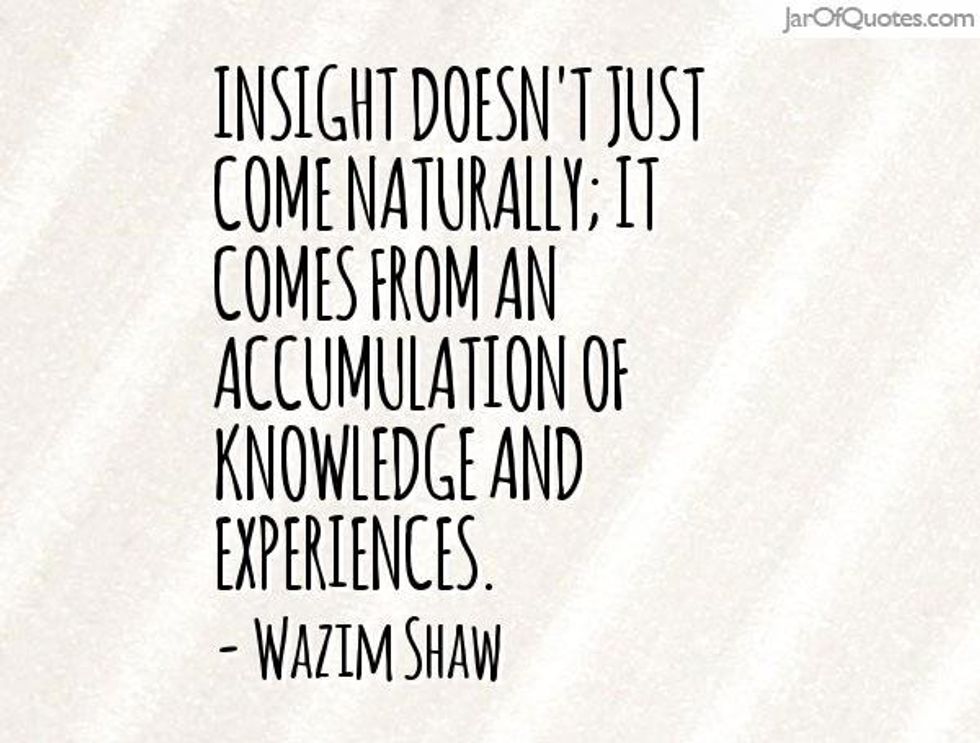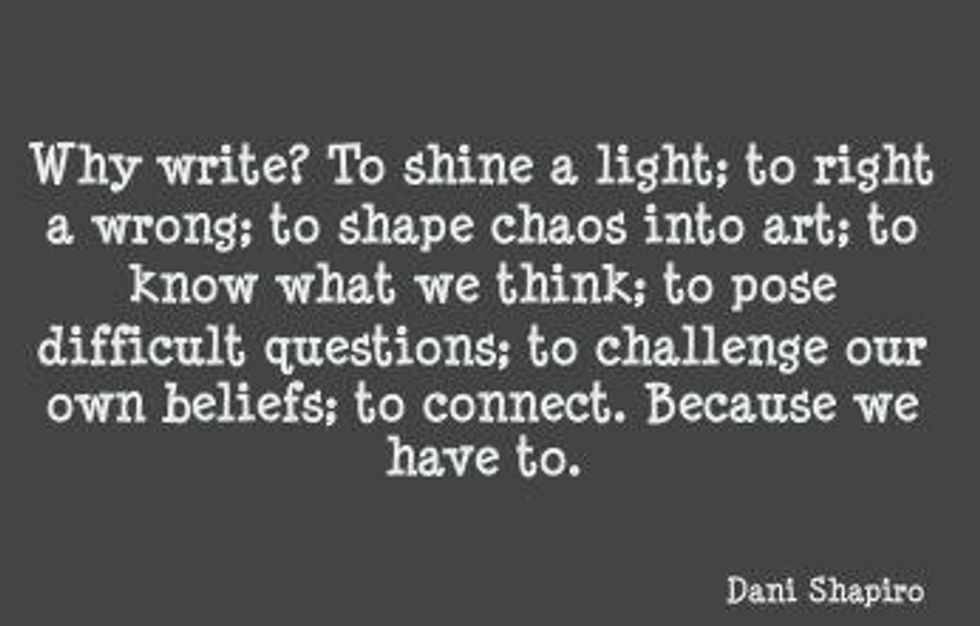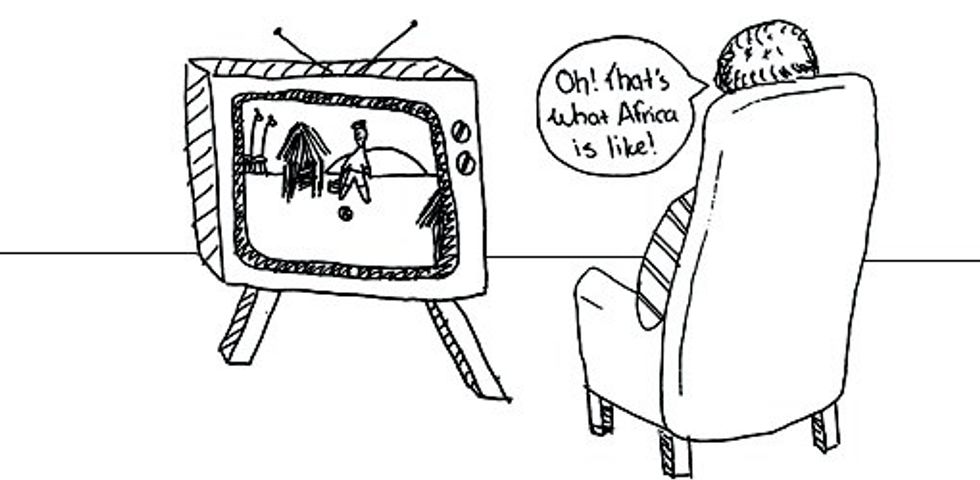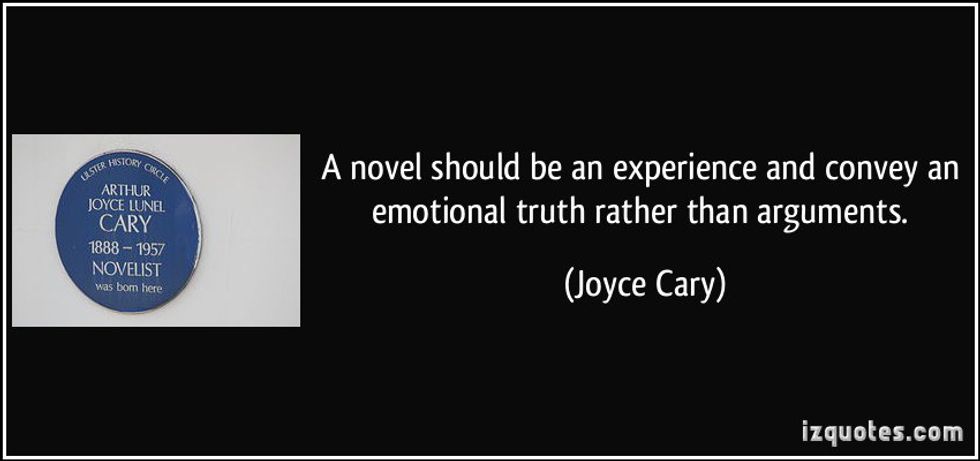These 12 quotes by Chimamanda Ngozi Adichie, prove that storytelling is more than just mere narrating. Even though there are no set rigid guidelines on how to tell a good story, Chimamanda has often emphasized that it is important for her, as an author, to write about things that she cares about and has sufficient knowledge of. According to her, the best stories are the ones that allow the reader to connect with them on an emotional level through the actual depiction instead of relying only on abstract imagination. Also, she encourages multiplicity of stories because it is problematic to have only a single story. These quotes may not completely change your view of storytelling, but they will certainly improve your appreciation of storytelling.
1. “I am a person who believes in asking questions, in not conforming for the sake of conforming. I am deeply dissatisfied about so many things, about injustice, about the way the world works — and in some ways, my dissatisfaction drives my storytelling.”
2. “I ask questions. I watch the world. And what I have discovered is that the parts of my fiction that people most tell me are 'unbelievable' are those that are most closely based on the real, those least diluted by my imagination.”
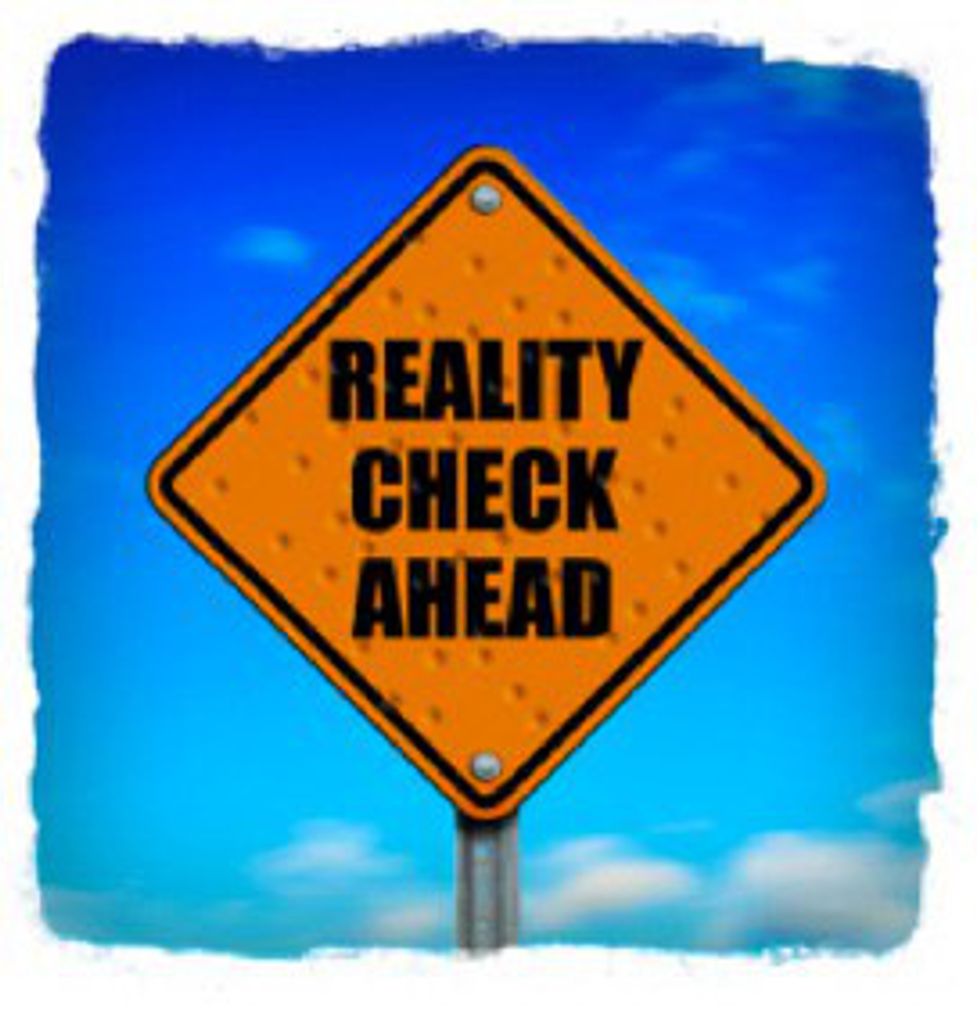
3. “I can write with authority only about what I know well, which means that I end up using surface details of my own life in my fiction.”
4. “I am drawn, as a reader, to detail-drenched stories about human lives affected as much by the internal as by the external, the kind of fiction that Jane Smiley nicely describes as 'first and foremost about how individuals fit, or don't fit, into their social worlds.’”
5. “Sometimes novels are considered 'important' in the way medicine is — they taste terrible and are difficult to get down your throat, but are good for you. The best novels are those that are important without being like medicine; they have something to say, are expansive and intelligent but never forget to be entertaining and to have character and emotion at their centre.”

6. “Successful fiction does not need to be validated by 'real life'; I cringe whenever a writer is asked how much of a novel is ‘real.’”

7. “Each of my novels has come from a different place, and the processes are not always entirely conscious. I have lived off and on in America for a number of years and so have accumulated observations, found things interesting, been moved to tell stories about them.”
8. “If you start thinking about being likable you are not going to tell your story honestly.”
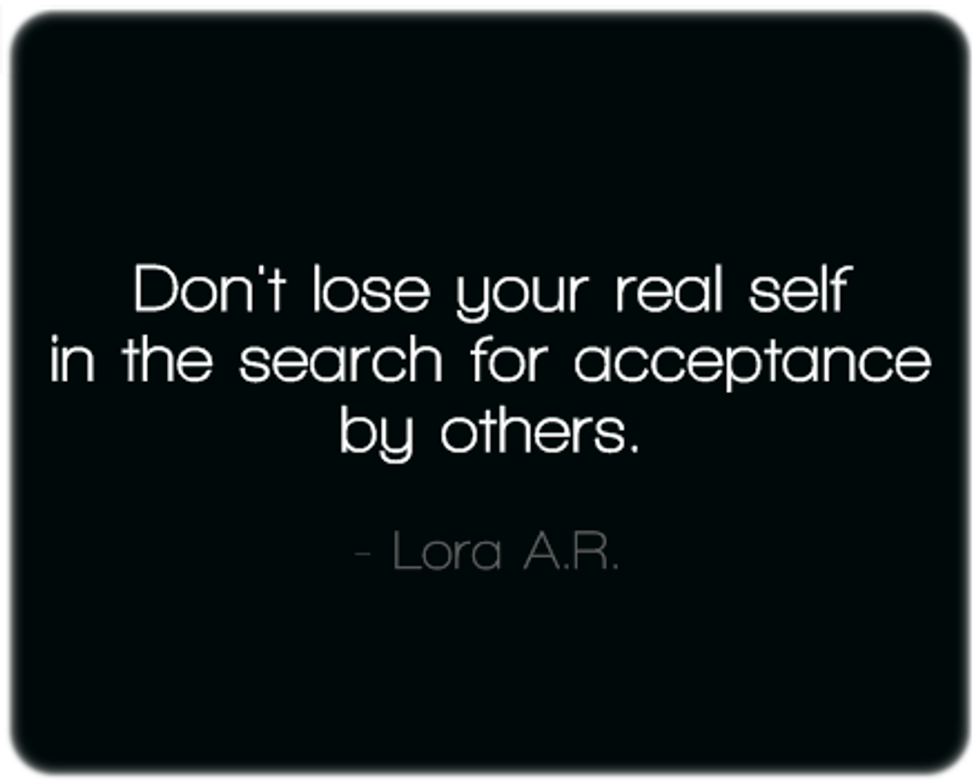
9. “Many stories matter. Stories have been used to dispossess and to malign. But stories can also be used to empower, and to humanize. Stories can break the dignity of a people. But stories can also repair that broken dignity.”
